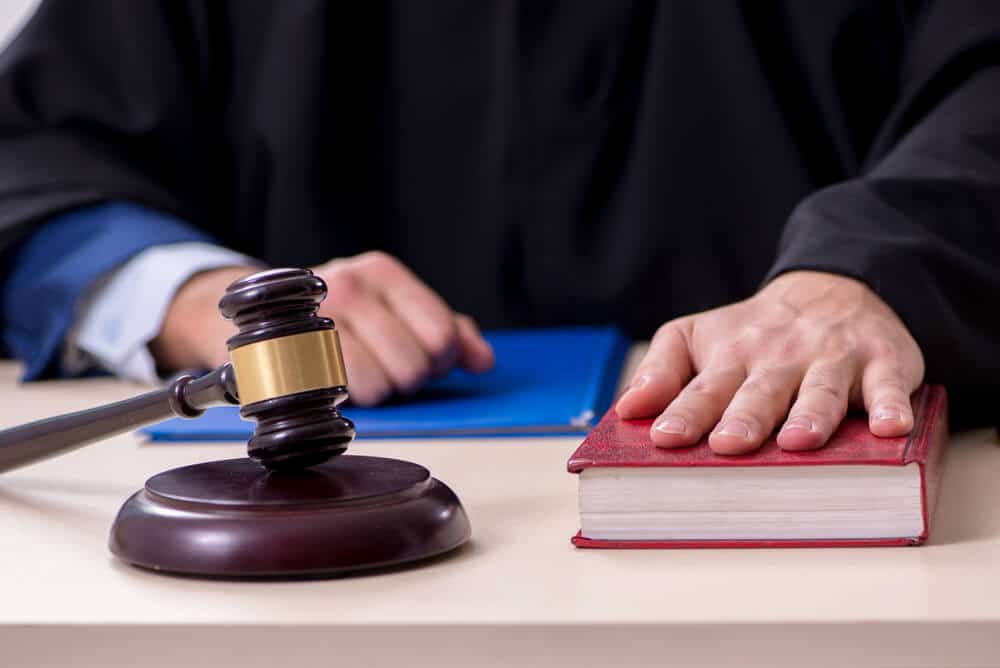Introduction
Divorce proceedings are often complicated and emotionally charged, and in some cases, they can involve instances of perjury. Perjury, or lying under oath, can significantly affect the outcome of a divorce case. Detecting and proving perjury is crucial for ensuring justice and fairness. Here we’ll explore the role of evidence in detecting perjury in divorce proceedings, the types of evidence that can be used, and the importance of maintaining integrity in the judicial process.
Understanding Perjury in Divorce Proceedings
Perjury occurs when an individual intentionally provides false information while under oath. In divorce proceedings, perjury can take various forms, including lying about income, hiding assets, providing false information about custody arrangements, or misrepresenting facts related to marital misconduct. The consequences of perjury can be severe, leading to unjust settlements, unfair custody arrangements, and significant legal repercussions for the guilty party.
The Importance of Evidence
Evidence is the cornerstone of detecting perjury in divorce proceedings. Without concrete evidence, it can be challenging to prove that an individual has lied under oath. Evidence serves to substantiate claims, challenge false statements, and uphold the integrity of the judicial process. There are several types of evidence that can be instrumental in detecting perjury.

Types of Evidence Used in Divorce Proceedings
Documentary Evidence
Documentary evidence includes written records such as financial statements, bank records, tax returns, emails, text messages, and any other written communication. These documents can reveal discrepancies in reported income, hidden assets, and false statements. For example, bank statements may show undeclared income, or emails may contradict statements made under oath.
Testimonial Evidence
Testimonial evidence involves the statements made by witnesses during the divorce proceedings. This can include testimony from the parties involved, as well as third parties such as friends, family members, co-workers, or experts. Testimonial evidence can provide insights into the behavior and statements of the individuals involved, helping to detect inconsistencies and falsehoods.
Physical Evidence
Physical evidence includes tangible items that can be used to support or refute claims made during divorce proceedings. This could include photographs, videos, or other physical items that contradict false statements. For instance, a video showing an individual’s presence at a location they claimed not to have visited can be crucial in proving perjury.
Electronic Evidence
In today’s digital age, electronic evidence plays a significant role in divorce proceedings. This includes data from computers, smartphones, social media accounts, and other electronic devices. Electronic evidence can reveal hidden financial transactions, communications, and activities that contradict statements made under oath. For example, social media posts can show undisclosed assets or activities that contradict an individual’s testimony.
The Role of Forensic Experts
Forensic experts can be invaluable in detecting perjury during divorce proceedings. These experts specialize in analyzing evidence and can provide critical insights that may not be apparent to the untrained eye. Forensic accountants, for example, can examine financial records in detail to uncover hidden assets, undisclosed income, or financial discrepancies. Digital forensic experts can recover deleted data from electronic devices, providing crucial evidence that may otherwise be overlooked.
Legal Procedures for Proving Perjury
Detecting and proving perjury requires a systematic approach. Here are the key steps involved in the legal procedures for proving perjury in divorce proceedings:
Gathering Evidence
The first step in proving perjury is gathering all relevant evidence. This includes collecting documentary, testimonial, physical, and electronic evidence that can support the claim of perjury. It is essential to ensure that all evidence is obtained legally and ethically to maintain its admissibility in court.
Analyzing Evidence
Once the evidence is gathered, it must be analyzed to identify inconsistencies, discrepancies, and falsehoods. This involves a detailed examination of financial records, communications, and other relevant documents. Forensic experts may be called upon to assist in this analysis.
Presenting Evidence in Court
The next step is presenting the evidence in court. This involves organizing the evidence in a clear and logical manner, preparing witnesses to testify, and presenting the findings to the judge. It is crucial to present the evidence in a way that convincingly demonstrates the perjury.

Cross-Examination
Cross-examination is a critical part of the process. During cross-examination, the opposing party has the opportunity to question the witnesses and challenge the evidence presented. Effective cross-examination can help uncover further inconsistencies and strengthen the case for perjury.
Legal Consequences of Perjury
If perjury is proven, the guilty party may face serious legal consequences. These can include fines, imprisonment, and a negative impact on the outcome of the divorce proceedings. Additionally, the guilty party’s credibility is significantly damaged, which can affect their standing in future legal matters.
The Importance of Integrity in Divorce Proceedings
Maintaining integrity in divorce proceedings is essential for ensuring fairness and justice. Perjury undermines the judicial process and can lead to unjust outcomes. By detecting and proving perjury, the courts can uphold the principles of honesty and fairness, ensuring that the final settlement is based on truth and justice.
Conclusion
The role of evidence in detecting perjury during divorce proceedings cannot be overstated. Documentary, testimonial, physical, and electronic evidence, along with the expertise of forensic specialists, are critical in uncovering falsehoods and ensuring justice. The legal procedures for proving perjury in family court are complex and require a systematic approach. Maintaining integrity in divorce proceedings is essential for ensuring fair and just outcomes for all parties involved. By diligently gathering and presenting evidence, the courts can detect perjury and uphold the principles of honesty and justice.

